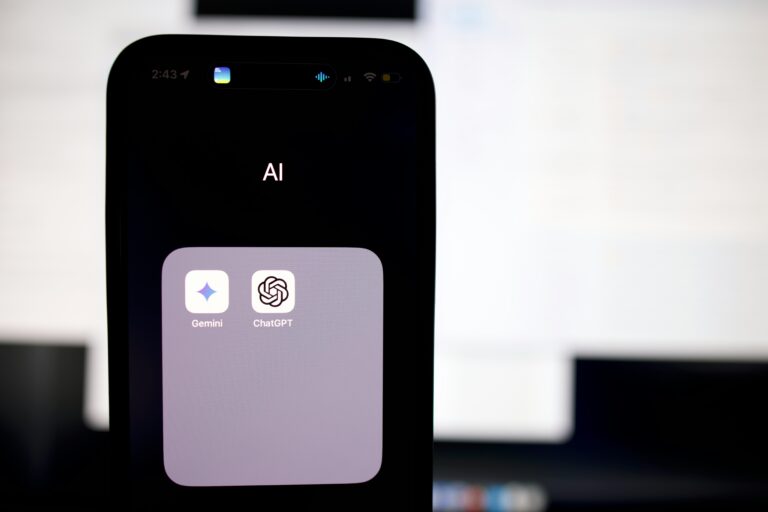Evidence is vital when it comes to ensuring that advances in educational tools and platforms happen in a productive and proactive way. The learning community as a whole benefits from having proof that the edtech innovations being developed and introduced can truly improve student learning. Yet evidence of learning impact too often takes a backseat to other priorities. Professor Natalia I. Kucirkova of the University of Stavanger, The Open University and WiKIT is working to change that. In a Q & A with 5 Questions, she discusses how WiKIT aims to leverage the collective expertise of those in the education community to ensure that children worldwide are able to use technologies that genuinely enhance their learning experiences.
What is WiKIT?

Why is it important?
This is important because evidence of learning impact has historically taken a backseat in edtech (typically it is scale and access that are prioritized), which could harm children’s education. The Tools Competition is a great example of how academia-industry partnerships can enhance the scientific quality of edtech solutions to advance learning.
As a rapidly expanding global network of edtech researchers and impact specialists, WiKIT aims to leverage collective expertise to ensure that children worldwide use technologies that genuinely enhance their experiences. For this, academia-industry partnerships in edtech are key.
Evidence of learning impact has historically taken a backseat in edtech. Typically it is scale and access that are prioritized.
What’s been the biggest surprise so far?
I used to believe that startups required the most research support and capacity building for impact. However, collaborating with several Series C and above companies taught me that the gaps in impact are equally present in many mature companies. Fostering an evidence mindset is crucial for CEOs across all levels of edtech, as well as for their investors and limited partners.
By approaching edtech impact at a systems-level, we can address surprises as they arise through partnerships and networks, meeting the demand at all stages of edtech evidence building – from product design through empirical testing to validation and evidence dissemination.
Where do you see your work in 5 years?
While there is local variation in what constitutes desirable or exceptional evidence, we are observing a growing consensus on the minimal level of evidence required for edtech products before they reach children’s hands. This trend leads me to believe that within the next five years, we will achieve a global consensus on standards of edtech evidence across multiple impact dimensions. This consolidation will not only facilitate international evaluations but also enable the generation of new evidence using pooled datasets.
Ultimately, our goal will shift from solely evaluating and improving to also predicting, based on agreed-upon criteria, what works for which learners, in which contexts, and for which type of education.
Within the next five years, we will achieve a global consensus on standards of edtech evidence across multiple impact dimensions.
What else should people know?
There is a growing momentum around another initiative I have been involved in: the International Certification of Evidence of Impact in Education (ICEIE). The ICEIE certifies and recertifies organizations with evidence of impact based on the weight of evidence across multiple impact dimensions. In the past four months, ICEIE has been collating information on edtech products vetted by external research partners or those that have studies conducted by university teams.
The focus so far has been specifically on efficacy and effectiveness of products. Over the next months, the focus will be more on dimensions relevant to learning processes and questions of ethics and equity. Of course, excellence in all impact domains rather than only one, is what ultimately generates EdTech’s positive impact. Edtech companies worldwide are eager to join the Global EdTech Product List as it is increasingly getting attention from policymakers seeking scientifically-grounded children’s technologies. This trend highlights the importance of increased collaboration between research and industry in the edtech sector, which I view as a positive development.




